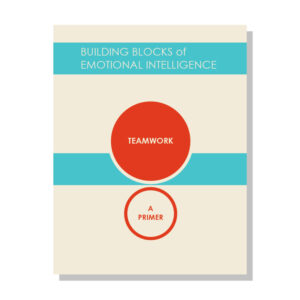Happy Employees, Happy Customers
July 21, 2015 Time to read: 2 min.Happy employees tend to go the extra mile with their customer service when they feel encouraged and supported. The relationship between workers, their environment, and customer service has actually been proved by a logarithm; customer service climate and revenue are directly proportional. In fact, a positive atmosphere doubles revenue.Throughout his studies at the University of Maryland and his observations in a multitude of industries, Professor Benjamin Schneider has found that when employees responded more positively to their work environment, customer satisfaction and business results increased. Inversely, a negative work environment led to unhappy workers, poor customer service, and declining revenues.
The service industry is among the most stressful of all occupations. Workers have to deal with everything from insufferable customers, disagreeable managers, challenging working conditions, long hours and, more often than not, low pay. Not much to smile about.
Emotional Contagion
Bad moods spread faster than wildfire. Rudeness can transfer from the employee to the customer, in turn making them angry or dissatisfied, regardless of how well the actual service was executed. Furthermore, disgruntled workers who aren’t thorough can create a wake of trauma in their path. Cardiac care units, for example, where nurses’ described their outlook as “depressed” had a patient death rate four times higher than comparable units.
Great service, in contrast, can make a world of difference for both the consumer and the employee. If consumers enjoyed their experience, they are likely to return, and share good reviews to their friends and colleagues, or online. If the employees feel upbeat and cared for, they are also more likely to work harder to appease the customer. Jennifer George and Kenneth Bettenhausen concluded in their study, Understanding Prosocial Behavior, that stores with positive salespeople had the best sales results.
A Good Leader Can Make a Difference
The manager is often the person who sets the mood. If a leader is confident, optimistic, and shows genuine compassion toward their workers, both the overall atmosphere and the sales will be lifted in the right direction. There are three factors that make or break a job: working conditions, salary, and leadership. Resonant leaders are perhaps the most important of the three.
How leaders carry themselves and their relationships with their employees directly impact their emotions and performances. Between 20-30% of an organization’s profit can be traced back to how employees feel about their place of employment, and 50-70% of this view traces back to one factor: their leader. A leader’s ability to understand their emotional intelligence and act rationally – not impulsively – becomes a major factor in the overall performance of the business.
Resources to develop a positive work environment
Leading with Emotional Intelligence [online course]
Resonant Leadership: Inspiring Others Through Emotional Intelligence
What Makes a Leader: Why Emotional Intelligence Matters







